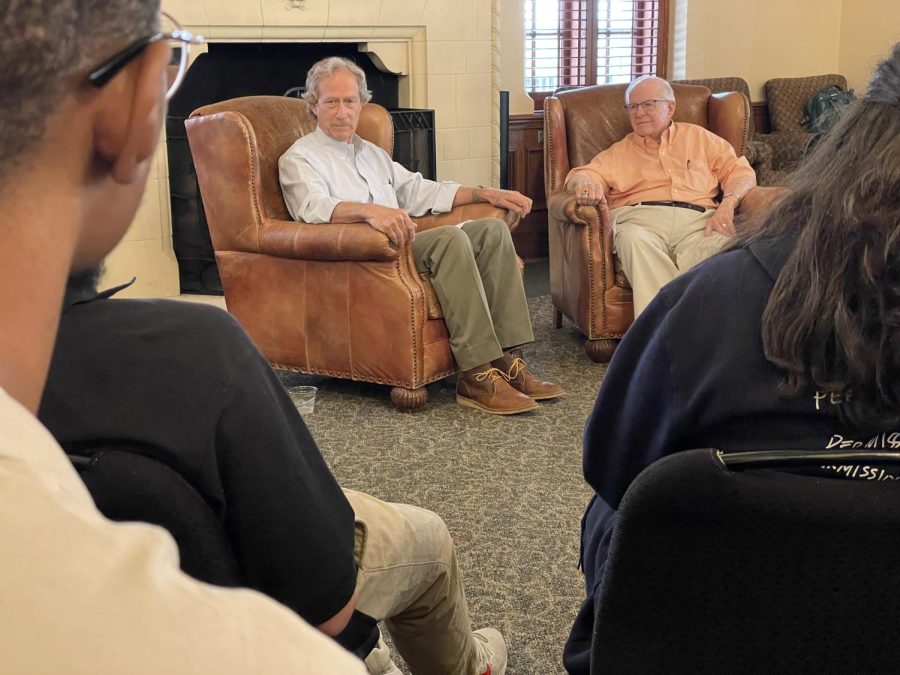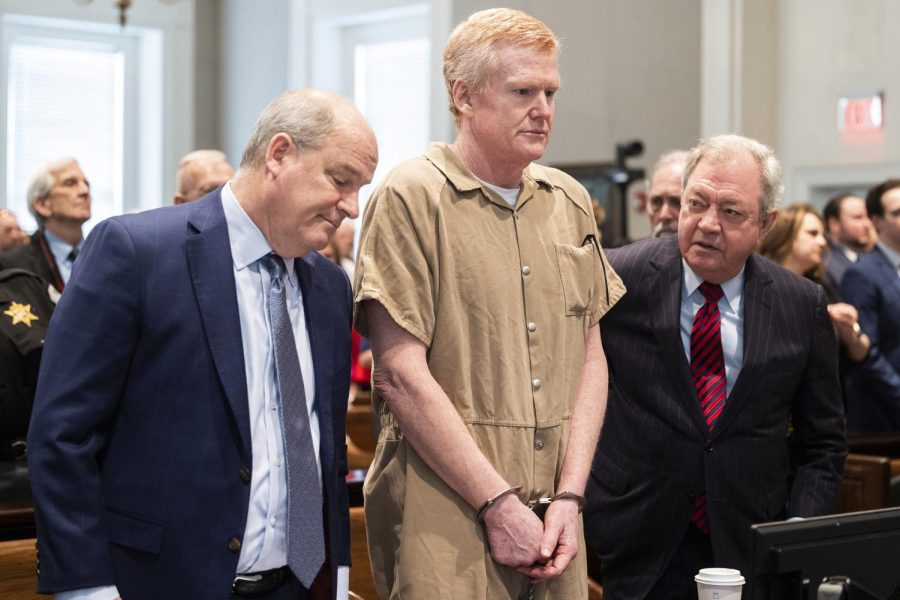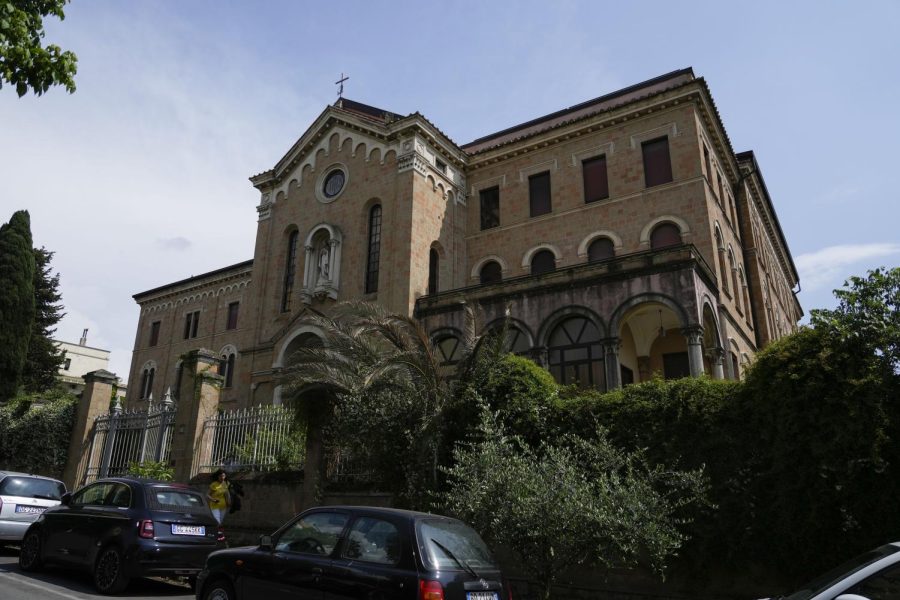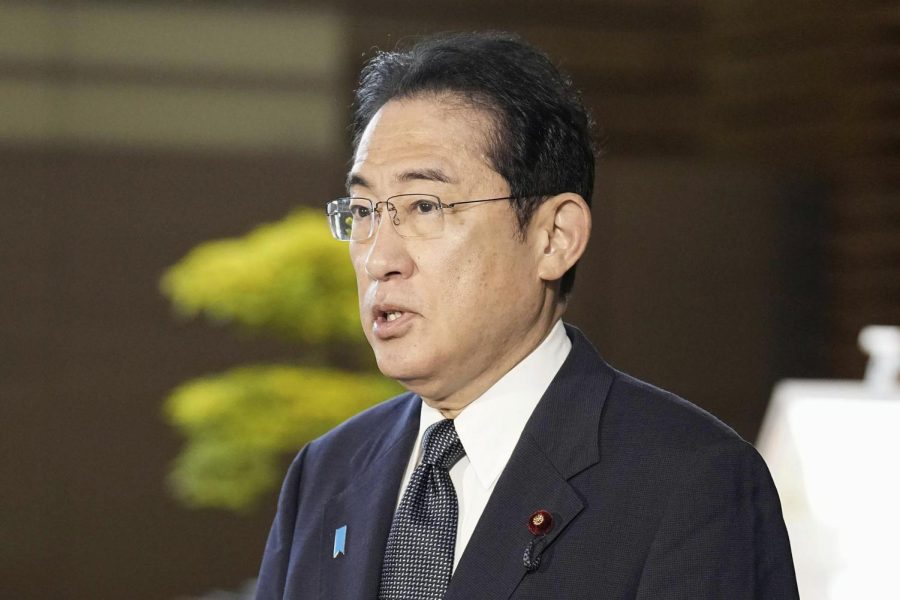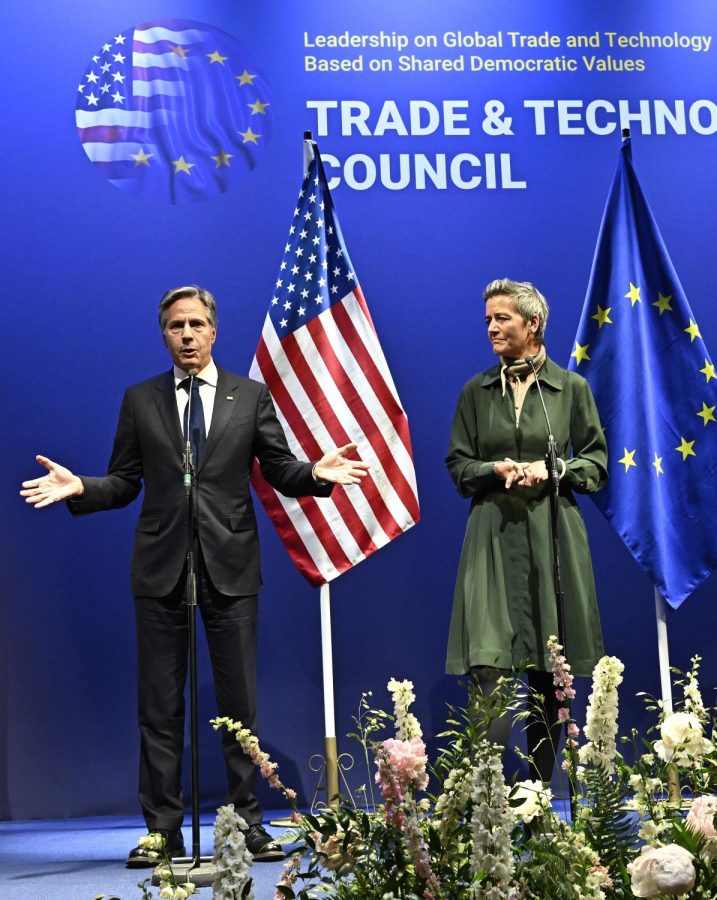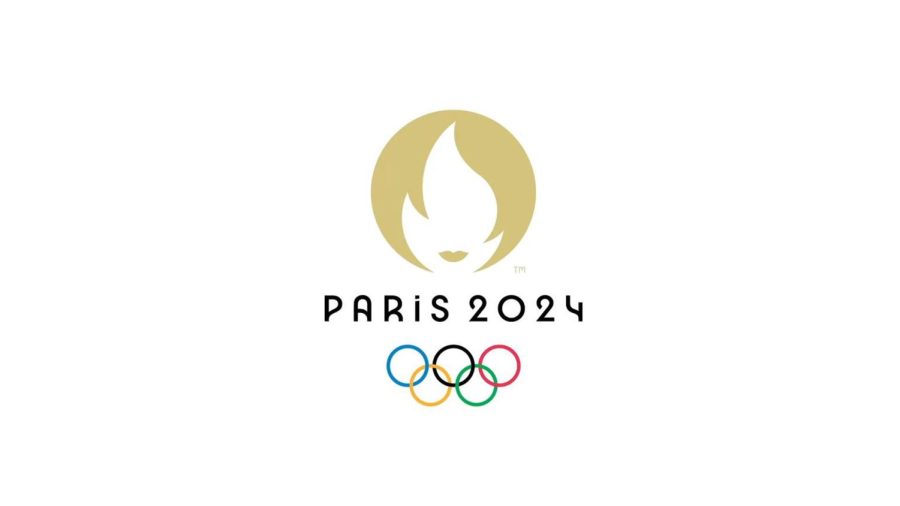SEOUL, South Korea — South Korean officials say 20 patients and a nurse have died in a fire at a hospital in the southwestern city of Jangseong.
An officer with the Jangseong Fire Department said most of the victims were elderly patients.
The officer said the victims died after suffocating from poisonous gas.
The officer said there were 33 patients and a nurse on duty when the fire broke out on the second floor of an annex of Hyosarang Hospital early Wednesday morning. Seven people were injured.
The fire was put out after about seven minutes. The cause was not immediately known.
The fire comes as South Korean officials are still searching for missing passengers from a ferry sinking last month that killed or left missing more than 300 people. South Korea has also had two subway accidents in recent weeks.
After long wait, Malaysia releases jet data
KUALA LUMPUR, Malaysia — Nearly three months after the Malaysian jetliner disappeared, the government on Tuesday released reams of raw satellite data it used to determine that the flight ended in the southern Indian Ocean.
While the information may help satisfy a desire for more transparency in a much criticized investigation, experts said it is unlikely to solve the mystery of Flight 370 — or give much comfort to relatives stuck between grieving and the faintest hope their loved ones might still be alive.
“It’s a whole lot of stuff that is not very important to know,” said Michael Exner, a satellite engineer who has been independently researching the calculations. “There are probably two or three pages of important stuff, the rest is just noise. It doesn’t add any value to our understanding.”
The release of the information came as the underwater hunt for the jet is poised to pause until later in the summer while new, powerful sonar equipment is obtained, a sign of just how difficult it will be to locate the jet and finally get some answers on how it went missing with 239 people on board.
Air traffic controllers lost contact with the Boeing 777 soon after it took off from Kuala Lumpur on March 8 on a flight to Beijing over waters between Malaysia and Vietnam.
An international investigation team led by Malaysia has concluded that the jet flew south after it was last spotted on Malaysian military radar to the west of peninsular Malaysia and ended up in the southern Indian Ocean off western Australia. The conclusion is based on complex calculations derived largely from brief hourly transmissions or “handshakes” between the plane and a communications satellite operated by Britain’s Inmarsat company.
Investigators said they believe the plane was deliberately diverted from its flight path, but without finding the plane or its flight data recorders they have been unable to say with any certainty what happened on board. Theories range from mechanical failure to hijacking or pilot murder-suicide.
The families — many of whom have been highly critical of the Malaysian government and, in the absence of any wreckage, have been unwilling to accept that their loved ones were dead — had been asking for the raw satellite data for many weeks so it could be examined by independent experts. Malaysia initially balked at doing so, but then reconsidered.
In a posting on its Facebook page, a group representing some of the families said: “Finally, after almost three months, the Inmarsat raw data is released to the public. Hope this is the original raw data and can be used to potentially ‘think out of the box’ to get an alternative positive outcome.”
Steve Wang, whose mother was on the plane, said he was disappointed the release did not contain an account of exactly what investigators did to conclude the plane had taken the southern route.
“We are not experts and we cannot analyze the raw data, but we need to see the deduction process and judge by ourselves if every step was solid,” he said. “We still need to know where the plane is and what is the truth. We know the likelihood that our beloved ones have survived is slim, but it is not zero.”
Duncan Steel, a British scientist and astronomer, said some of the data may explain the belief that the aircraft went south rather than north, but that a further confirmation would take a day or so. But he too was disappointed.
“One can see no conceivable reason that the information could not have been released nine or 10 weeks ago,” Steel said in an email. “Even now, there are many, many lines of irrelevant information in those 47 pages.”
Egypt election extended because of low turnout
CAIRO, Egypt — “Where are the people?” one talk show host on a military station shouted as Egypt on Tuesday extended its presidential election to a third day in an apparent drive to raise voter turnout and avoid an embarrassingly meager show of support for former Army Chief Abdel-Fattah el-Sissi.
Throughout the day, officials and supporters of el-Sissi, the expected winner, encouraged voters to go to the polls.
There has never been any doubt that the 59-year-old el-Sissi would win over his sole opponent, leftist politician Hamdeen Sabahi.
El-Sissi and his backers have sought a big victory to send a message that his ousting last summer of Egypt’s first freely elected president, Mohammed Morsi, was not a coup but a popular revolution. Millions took to the streets in protests against Morsi before el-Sissi removed him.
Opponents said the turnout showed the depth of discontent with el-Sissi, fearing he will return Egypt to the autocratic ways of Hosni Mubarak, overthrown in 2011 after 29 years in power.
The government and media have praised el-Sissi’s crackdown on Morsi’s Muslim Brotherhood, a campaign that has killed hundreds and put thousands in prison, and other Islamist supporters.
The head of the election commission told the MBC-Misr TV station that early estimates put turnout at 35 percent of the nearly 54 million voters in the first two days of voting. That would be a significant drop from the 2012 election that Morsi won, which had a turnout of just under 52 percent.
The Brotherhood called for a boycott of this election, and most of their supporters stayed away from the polls. But many beyond the ranks of the Islamists didn’t vote either.
In his campaign, el-Sissi offered few concrete solutions for Egypt’s devastated economy. He touted his military discipline and made it clear he would not tolerate dissent that could undermine stability.
A 44-year-old farmer, Ramadan, said he didn’t like the heavy presence of Mubarak-era officials backing el-Sissi.
“Look around who is going out for him — men of the (former) ruling party. Nothing has changed,” he said, speaking on condition he be identified only by his first name for fear of trouble from neighbors.
Sabahi’s campaign, citing its representatives at polling stations, estimated turnout on the first day to be 10 to 15 percent. It called the weak voting a “clear message by the people and youth … rejecting the attempt to bring back old regime policies.”
The election commission portrayed its decision to extend the voting as a response to demands by would-be voters. Commission officials said that they received complaints about the extreme heat and about migrant workers prevented from voting because of rules that make it difficult to cast ballots away from one’s hometown.
Sabahi’s campaign protested the extension, saying it raised questions about the election’s integrity and seemed aimed at “interfering in numbers and participation rates.” Perhaps to ward off criticism, el-Sissi’s campaign also raised an official objection to the extension, insisting it was not needed.
EU summit seeks to decrease voter apathy
BRUSSELS, Belgium — British Prime Minister David Cameron’s recurring complaint that the European Union is “too big, too bossy, too interfering” gained traction at an EU summit on Tuesday after election results that underscored voter apathy and hostility forced government leaders across the bloc to consider profound change.
Protest voters turned out in droves while more than half the 28-nation bloc’s electorate failed to muster enough interest to go to their polling stations for European Parliament elections, giving a massive thumbs-down to how the EU functions. The anti-EU UK Independence Party topped the polls in Britain, and in France the extreme-right National Front overwhelmed all its rivals.
On Tuesday, Cameron said that “Europe should concentrate on what matters — growth and jobs — and not try to do so much.”
The British leader had often seemed an outsider at EU summits where leaders have long sought closer unions. But this time, his EU peers were listening attentively, and he found his call for economic growth and job creation echoed by French President Francois Hollande.
“I am European and I want Europe to change,” Hollande said.
Cameron also got support for his stance that Brussels needed to return many powers to its 28 member nations as soon as possible.
“The answer to the vote is less rules and less meddling from Europe,” Dutch Prime Minister Mark Rutte said.
Perhaps the tipping point turning the electorate against the EU came last year, when it was unable to address record unemployment crippling some member nations hit by the financial crisis while at the same time trying to ban refillable olive oil jugs from restaurant tables. The olive oil measure was quickly pulled back, yet it became emblematic to many for how the EU meddles in minor issues while losing sight of the big picture.
Cameron has promised his country a referendum on EU membership in 2017, raising the prospect of one of the biggest European nations leaving the EU.
“For Sweden and for the EU, it is of the utmost importance that Britain stays inside the EU and that we also take into account the situation we have in Britain when we formulate a new mandate,” said Swedish Prime Minister Fredrik Reinfeldt.
One of the first battles for the new Europe was already shaping up — over the position of EU Commission chief. Jean-Claude Juncker, the former prime minister of Luxembourg and longtime leader of the group of nations with the euro currency, wants to replace current leader Jose Manuel Barroso. The post is important since the commission proposes legislation and runs much of the day-to-day affairs of the EU.
Juncker is seen as a master deal-maker in back rooms over many years and a committed defender of EU unity and closer cooperation.
Cameron refused to elaborate on other possibilities for the post, but said in a thinly veiled reference he wanted people who were “not about the past.”
If Juncker gets enough of the 751 EU lawmakers to support him, he will still have to convince the overwhelming majority of government leaders. The whole process could take several weeks, but in the end EU leaders could still go for a candidate of their liking.
For Nigel Farage, the leader of the UK Independence Party that drew more votes than Cameron’s Conservatives in the EU election and is fully anti-EU, choosing Juncker would be yet more proof that the EU parliament was tone deaf to change.
“You know, there is a big dissident voice now in this parliament,” Farage said after the conference of party leaders. “And yet, I just sat in a meeting where you wouldn’t have thought anything had happened at all, and it was business as usual.”
Indian Muslims wary of PM’s Hindu nationalist ties
AHMADABAD, India — With his long beard and white skullcap, Mohammed Naseem makes no secret that he’s a devout Muslim in a country where Muslims are often persecuted.
Now, after Hindu nationalist Narendra Modi was sworn in as prime minister following a landslide election victory, Naseem and other Muslims in this country of 1.2 billion are watching the direction of their nation with a mixture of caution and fear.
Modi, who is Hindu like most of India’s population, has long had an uneasy relationship with Muslims, in large part because he, as former chief minister of Gujarat state, was in command in 2002 when communal riots there killed more than 1,000 people, most of them Muslims.
“What happened in 2002 still affects the minds of Muslims,” Naseem said, a real estate broker who lives in Ahmedabad, a Gujarat city where some of the worst rioting occurred.
But like millions of others, Naseem despaired of the policy paralysis and economic downslide that marked the last decade under the Congress party.
“On development, (Modi’s) performance here has been very good. Now there are many Muslims who are supporting him,” Naseem said. He said he hoped the media glare on Modi as prime minister would also keep him in check.
Modi, who was sworn in Monday, has denied any role in the violence, and the Supreme Court said there was no case against him, but the killings continue to affect Muslims’ perceptions.
Muslims account for more than 13 percent of India’s population and face no legal discrimination under the country’s secular constitution. But while many Indian Muslims have held high government offices, like current Vice President Hamid Ansari, the community is largely poor and fares badly on most socio-economic indicators such as health and education.
Many Muslims say they face discrimination, sometimes subtle and at other times blatant, when looking for jobs or renting a house.
The center-left Congress party, which has ruled India for all but 10 years but was routed in the recent elections, has traditionally been seen as more favorable to Muslim interests than Modi’s Hindu nationalist Bharatiya Janata Party.
Modi’s own political career started with the Rashtriya Swayamsevak Sangh, a militant Hindu movement and parent organization of the BJP. The RSS has been widely accused of stoking religious hatred with aggressively anti-Muslim views.
Some Indians fear Modi’s ties to the RSS may influence his decision-making, but Neerja Chowdhury, a political commentator and analyst, said Modi, known for his autocratic and independent working style, will resist the pressure.
“The RSS will continue to have consultations with him but they will not be able to micromanage a person like Modi,” Chowdhury said. “The compulsions of governance will also compel Modi to be neutral.”
One of the BJP’s main promises to its largely Hindu supporters has been to construct a temple at the site of the 16th-century Babri Mosque in north India. Muslims revere the mosque, while Hindus say it is the birthplace of their god Rama and contend a temple to him stood on the site before the mosque.
Over the years, the dispute triggered bloody communal violence. In 1992, while the legal case to sort out the dispute lingered, tens of thousands of Hindu extremists, watched over by top BJP leaders and security forces, ripped apart the mosque with spades, crowbars and their bare hands.
The demolition sparked nationwide riots that killed 2,000 people and cemented the belief that India’s Muslims could not trust the BJP. The area has since been split up between Hindus and Muslims by a 2010 court order, but the issue remains sensitive.
Modi’s convincing victory, however, suggests many Muslims voted for the BJP anyway, out of concern for India’s economy. The party grabbed 282 seats in the 543-seat Lok Sabha or lower house of Parliament.
“People were disgusted with corruption and price rise and therefore everyone, irrespective of religion, wanted a change,” said Ahmed Hussain, a school teacher in the northeastern city of Gauhati.
The most recent Congress-led government was mired in corruption scandals, and on its watch India’s economic growth slowed to less than 5 percent. Job growth has been poor and inflation high.
Modi’s campaign focused on Gujarat’s economic successes and promises he could do the same across India. But for some Muslims, it is his handling of the riots that remains paramount.
“We know Modi’s past. He is communal to the core. His hands are stained with the blood of innocent Muslims,” said Monis Khan, a retired school teacher in the northern city of Lucknow.
“We are not afraid of him, but we cannot rely on him. We Muslims have to watch his every move.”
— Associated Press


